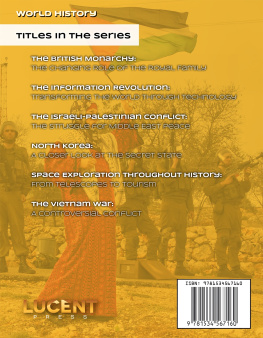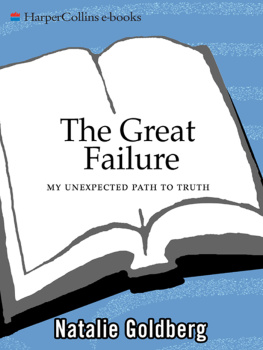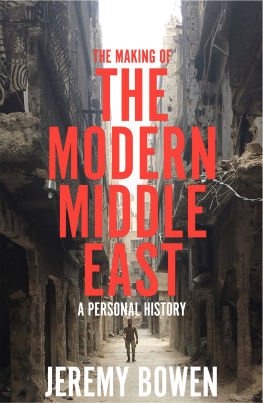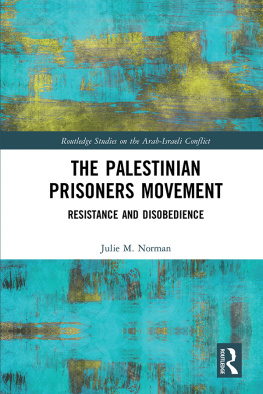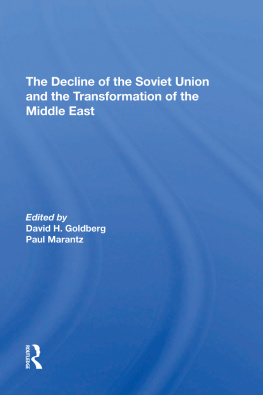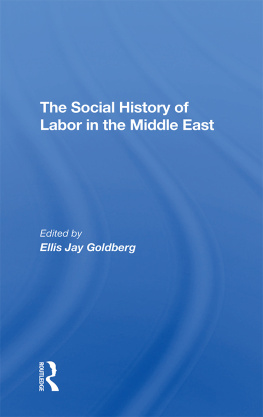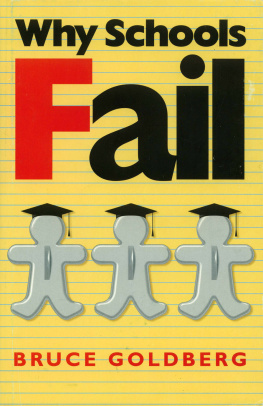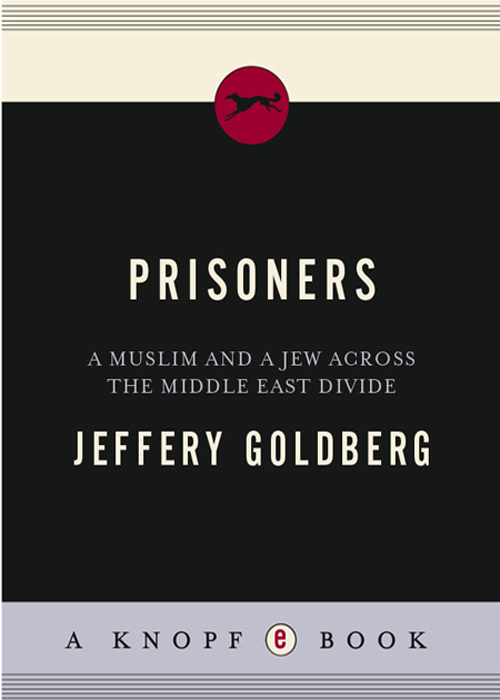
CONTENTS
For Talia, Elisheva, and William Zeev
And for Pamela
The earth is a prison to man all his life. Therefore I say this truth to the fool; though you rush about, the sky surrounds you on all sides. Try to get out, if you can.
Shmuel HaNagid, The Prison
AUTHORS NOTE
Prisoners is a personal history. The events described in this book are real, but I have thought it appropriate, for reasons of security and privacy, to change the names of several individuals in this book. The following names are pseudonyms: Abu Iyad, Omar, Gadi, Yoram, Yehuda, Shlomo Efrati, and Evgeny.
My recollections of events have been reconstructed from contemporaneous notes as well as from interviews with many of the people who appear in this book.
CHAPTER ONE

THE THIEF OF MERCY
On the morning of the fine spring day, full of sunshine, that ended with my arrest in Gaza, I woke early from an uneven sleep, dressed, and pushed back to its proper place the desk meant to barricade the door of my hotel room. I unknotted the bedsheets I had tied together into an emergency escape ladder. Then I hid the knife I kept under my pillow, cleaned the dust from my shoes, and carefully unbolted the door. I searched the dark hall. There were no signs of imminent peril. Most people wouldnt be so cautious, but I had my reasons, and not all of them were rooted in self-flattering paranoia.
I was staying at the Deira hotel, a fine hotel, one of Gazas main charms. On hot nights, which are most nights, it brimmed over with members of haute Palestine, that small clique of Gazans who earned more than negligible incomes. The men smoked apple-flavored tobacco from water pipes; the women, their heads covered, drank strong coffee and kept quiet.
By day the hotel was mostly empty. The hotels of Gaza had been full in the 1990s, during the long moment of false grace manufactured by the Oslo peace process. In 1993, Yitzhak Rabin and Yasser Arafat shook hands on the White House lawn, and it seemed as if the hate would melt away like wax. At that moment, even a pessimist could envision an orderly close to the one-hundred-year-long war between Arab and Jew. But this was now the spring of 2001, and we were six months inside the Palestinian Uprising, the Intifada, the second Intifada, this one far more grim than the last. The land between the Mediterranean Sea and the River Jordan was once again steeped in blood: Arabs were killing Jews, and Jews were killing Arabs, and hope seemed to be in permanent eclipse. Optimists, and I included myself in this category, felt as if we had spent the previous decade as clueless Catherines, gazing dumbly from our carriages at the Potemkin village of Oslo.
So the Deira did negligible business, except after a noteworthy killing or a particularly sanguinary riot, which is the specialty of the heaving, thirsty demi-state of Gaza. Then, the press corps would colonize the Deira; reporters would come to catalogue the dead, and slot the deaths into whatever cleanly explicable narrative was in current favor.
The hallway was dim, and empty. I went downstairs to a veranda overlooking the Mediterranean, which shimmered in the early sunlight. Arab fishing boats spread their nets across the smooth water. An Israeli gunboat cast a more distant shadow. My breakfast companion was waiting for me. He rose, and we kissed on both cheeks. His nom de guerre was Abu Iyad, and he was an unhappy terrorist who I hoped would share with me illuminating gossip about Hamasof which he was a memberand Palestine Islamic Jihad, two fundamentalist Muslim groups whose institutional focus is the murder of Jews. I bought him a plate of hummus and cucumbers.
Abu Iyad was a thin man, his face hollow and creased. His nails were yellow, and his hair was gray and thinning. I had known him for a dozen years. We werent friends. We were more like companionable acquaintances; I could not be a true friend of anyone in Hamas. He had been a bomb-maker earlier in his career, but he no longer submitted himself to the groups hard line. His personality wasnt that of the typical Hamas ultra. The average Hamas man tends toward narcissism and humorlessness, and projects the sort of preternatural calm organic to people who believe that what follows death is exponentially better than what precedes it. But Abu Iyad seemed, on occasion, free of certitude, taking a jaundiced view of some of his more strident colleagues. He only tentatively endorsed the notion, common among Hamas theologians, that the Jews live under a cloud of divine displeasure. He was well-educatedSoviet-educated, but stilland he was cultured, for Hamas. He was familiar with Camus and he was partial to Russian literature, though not to Russians. We often talked about books. Once, we spent an afternoon on the beach, near Nusseirat, his refugee camp, eating watermelon and talking about, of all things, the nihilism in Fathers and Sons.
It was a year before the second Intifada, our day at the beach. The strip of gray sand was the property, in essence, of Hamas; each political faction ruled a stretch of Mediterranean seaside. The Hamas cabanas were rude concrete slabs, topped with green flags that read, There Is No God but Allah, and Muhammad Is the Messenger of God. A crust of garbage lay over the beach, which was frequently used as a bathroom by donkey and man alike, but a breeze pushed the smell of shit away from us. The few women on the beach sat separate from the men. They wore black scarves and cloaks of thick cloth, and they boiled inside them like eggs. Even when the women went to the water, they went in hijab. They waded in, up to their knees, splashed each other, and giggled. I could tell from the eyes, and the turn of their ankles, that they were pretty. I steered my own eyes away, though; even an innocent glance could have a terminal effect on me.
One of the men with us was a terrorist named Jihad Abu Swerah, a typically inflamed Hamas killer. He believed that the company of any women at all was an affront, even women who were serving us food. Women by their presence pollute everything, he said. A real killjoy. He reminded me of something the Ayatollah Khomeini once said: There is no fun in Islam.
Abu Swerah would eventually die at the hands of Israeli soldiers, who would find him in 2003 and cut him down in his Nusseirat hideout.
We tried to ignore him. Abu Iyad and I talked amiably on the beach that day with a few of his friends. The sky was soft blue and the water was gentle. It seemed to me an opportune time to throw an apple of discord into the circle. Just to make the day interesting, I accused Hamasand the Muslim Brotherhood movement that gave birth to itof succumbing to the temptations of nihilism.
ME : The Islamists believe in nothing except their own power. This frees them from the constraints of morality, allowing everything.
ABU IYAD : No, we believe in one surpassing truth, in tawhid, the cosmic Oneness of God. This is an overpowering belief. A nihilist, on the other hand, believes in nothing.
ME : This is true, in theory, the Islamist does believe in something. But that something is the supremacy of death, not the supremacy of Gods love. No one, not even Turgenevs Bazarov, is perfect in his nihilism. But Hamas comes close.
ABU IYAD : Jews fear death, Muslims dont. Death isnt even death. Its a beginning. Love and death are both manifestations of God.
Next page

